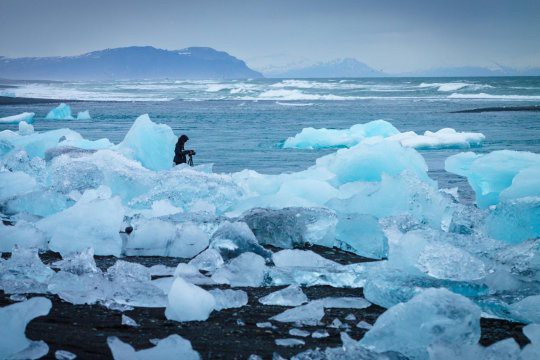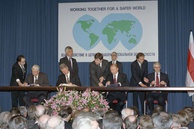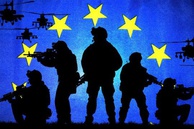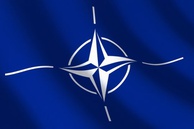It looks like an anti-Russia and anti-China coalition is forming in the Arctic. As Bloomberg reports, Canada and countries of Northern Europe are working on the creation of an alliance whose purpose will be to “counteract the activity of Russia and China in the Arctic”. This is nothing less than the formation of “a new Arctic security coalition which will exclude Russia and provide members with the opportunity to jointly coordinate the defense, intelligence and cybersecurity”.[1]
Meanwhile, Denmark, Iceland, Canada, Norway, Russia, the USA, Finland and Sweden are members of the Arctic Council (AC) – an intergovernmental organization of Arctic states, which has no mandate to discuss and resolve issues of regional security. All the above countries, except Russia, are members of NATO. The tendency towards “securitization” of the Arctic Council and the isolation of Russia within it has become more than evident.
This trend has been making itself felt for a long time. Tensions between members of the Arctic Council began in the 2010s following an increase in competition for control over natural resources and transport networks in the Arctic. During this period, all Arctic countries, in one way or another, strengthened their military presence in the region.
Russia did this logically – given that more than 60% of the Arctic water area borders Russian coasts and 9 Russian regions are part of the Arctic, they require protection from potential threats. The modernization of Russia’s defense presence in the Arctic served precisely this purpose and was never aimed at projecting force outwards. This has been stated repeatedly.
As conflicts between the United States, the West, and Russia aggravated, particularly after the escalation of the conflict between Russia and Ukraine, the Arctic, which is equally important for all the countries in the region, has found itself drawn into the center of geopolitical competition. At the end of August 2022, NATO Secretary General Jens Stoltenberg, during his visit to Canada, stated for the first time that “cooperation between Russia and China in the Arctic region is not in the interests of NATO countries,” and therefore NATO would strengthen its presence in the region.
In October 2022, the US adopted a new strategy for the development of its presence in the Arctic until 2032 - Regaining Arctic Dominance. The strategy envisages plans to boost the American military presence in the Far North and describes Moscow and Beijing as posing major threats and challenges.
Why China as well? It has observer status in the AC but does not have any kind of military presence in the Arctic. However, this could change if China starts using the Northern Sea Route more actively to deliver its goods and cargo to Europe and if these opportunities come under threat.
At the beginning of March 2022, Western countries in the Arctic Council further escalated tensions by announcing their refusal to participate in meetings chaired by Moscow, thereby disrupting Russia’s two-year presidency of the AC. They then stated their intention to partially resume work within the Council in projects that would not involve Russia. How it is possible to settle the problems of the region without Russia is hard to imagine but it is fully aligned with the West's policy of preserving its advantages in the future world order.
What are the Western “partners” planning to focus on? The Canadian Foreign Minister Mélanie Joly and her counterparts from Denmark, Finland, Iceland, Norway, and Sweden, as they met in Iqaluit, Canada, agreed to explore ways of creating “an Arctic security dialogue” during which “it is necessary to concentrate on foreign investment in the Arctic and dual-use research conducted by a potential adversary.”[2]
This is how they now refer to Russia and China. The conclusion is obvious: if Western countries, members of the Arctic Council, view these two countries as “potential threats” and “adversaries,” then it is quite possible for Moscow and Beijing to start thinking about the possibilities of their military-political cooperation in the Arctic, which was previously limited to the spheres of economics and trade, in order to safeguard their interests in this important region.
The opinion of the author may not coincide with the position of the Editorial
[1] Bloomberg found out why Canada and Northern Europe are planning an alliance against Russia and China. https://rg.ru/2024/10/03/bloomberg-kanada-vmeste-s-severnoj-evropoj-sozdadut-alians-protiv-rf-i-kitaia.html
[2] Canada announced the creation of a defense coalition against Russia in the Arctic. https://www.rbc.ru/politics/03/10/2024/66fdc5339a7947791f80bc3f?from=newsfeed
read more in our Telegram-channel https://t.me/The_International_Affairs

 11:15 15.10.2024 •
11:15 15.10.2024 •



























